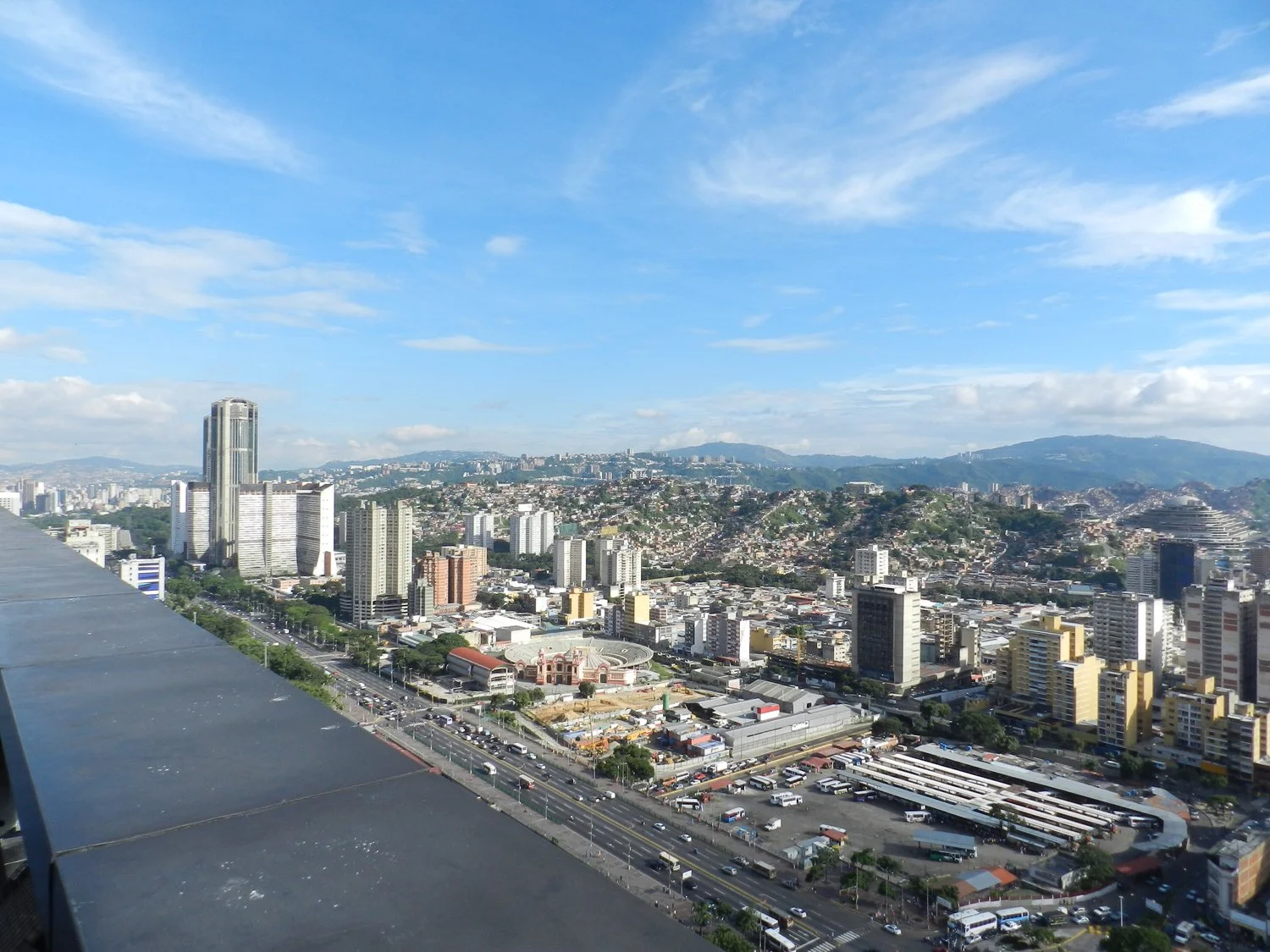By Rodrigo Acuña
New Matilda
23 April 2015
Given the roasting the United States recently received by numerous Latin American presidents at the VII Summit of the Americas in Panama, it may have been no coincidence Uruguayan author Eduardo Galeano passed away shortly after.
In his acclaimed book the Open Veins of Latin America (1971), which was banned by several US-backed dictatorships in South America during the 1970s and ‘80s, Galeano passionately denounced the history of Spanish and US imperialism south of the Rio Grande.
An icon of the political left in Latin America, and never holding back criticisms when he disagreed with friends or allies, from Galeano’s perspective: “History never really says goodbye. History says, see you later." And how history returned at the VII Summit of the Americas.
You would have never understood this though reading through the pages of the New York Times.
In an article published after the summit, the newspaper told its readers that the US was the new hit in Latin America based on the warming of relations between Washington and Havana. Written by Randal C. Archibold – New York Times bureau chief for Mexico, Central America and the Caribbean – and Julie Hirschfeld Davis, the article stated that the US: “Walked away with more salutes than swipes from a regional Summit of the Americas where the United States usually takes a drubbing.”
According to these journalists, the question now will be how will the US “spend the considerable political capital it has accrued in the region to address vexing issues such as corruption, impunity and the fragility of democracy or, in the case of Cuba, its glaring absence?”
The background developments which led to the historic meeting between Barack Obama and Raul Castro at the VII Summit are important to revisit.
For a start, while Obama’s new approach to Cuba was widely welcomed, Washington was actually placed in check on the issue of the island’s absence in 2012 at the VI Summit of the Americas held in Cartagena, Colombia. There, with the exception of Canada, the entire region opposed Cuba’s continuing exclusion while many countries threatened to boycott the conference in Panama were Havana not invited. And after US Secret Service agents were entangled in a scandal involving local sex workers, which created a “major embarrassment for Washington”, Obama had to bring something new to the table in Panama.
Worse, since Brazil, Venezuela and China have been investing in Cuba in recent years, and Russia wrote off 90 per cent of the island’s debt in 2013, important sectors within Washington realised that business opportunities were being lost on the island due to the US economic blockade.
With US-Cuba relations beginning to thaw, the same cannot be said for US affairs with Venezuela, Ecuador and Bolivia who in recent years have expelled various US ambassadors.
In Venezuela, taking into consideration the critiques which can be made of the administration of Nicolas Maduro (2013 - ), and that of his predecessor Hugo Chavez(1999-2013), the core of the conflict has always revolved around the fact that a leftist administration has taken control of the country’s rich oil resources, engaged in significant social spending on the poor and challenged the country’s racist class structure.
Outside of its borders, Caracas has challenged US hegemony and promoted regional blocs like the Bolivarian Alliance for the Americas (ALBA), the Union of South American Nations (UNASUR) and the Community of Latin American and Caribbean States (CELAC).
In April 2002, the Bush administration backed a brief coup against Chavez while financial support for key sections of the local opposition continue under Obama who recently issued an Executive Order declaring Venezuela a threat to US national security.
At the VII Summit of the Americas sparks were expected to fly regarding Obama’s decision. We were not disappointed.
In harsh diplomatic language almost every country in the hemisphere slammed Washington’s stance on Venezuela. Raul Castro stated that “Venezuela is not and could never be a threat to the national security of a superpower like the US.” Asking Obama to “repeal the Executive Order” and “lift unilateral sanctions”, he added that Cuba fully supported the “legitimate government” of Venezuela.
Similarly calls for Obama to revoke the Executive Order came from Bolivia, Ecuador, Nicaragua and Uruguay while regional powers Argentina and Brazil did likewise. President Cristina Fernandez de Kirchner of Argentina called the US decision “almost ridiculous” while Maduro informed Obama – who did not listen to his speech but nevertheless declared himself a “student of history” – that Venezuela was not “anti-American” but rather “anti-imperialist.”
The grilling the US received though did not stop with the issue of Venezuela. Fernandez observed that, while she believed those who claimed they wanted a fairer world, why then are the governments with “major accomplishments in human rights, social inclusion, health [and] education” attacked by NGOs aiming “at the destabilization of governments” in Latin America?
For his part, President Rafael Correa of Ecuador, noted Washington’s double standards on Cuba and Venezuela. “This summit should be celebratory”, he declared. “Obama should be received as the historic president who repaired relations with Latin America. But for that historical error, that absurd, arrogant, imperialist order, everything was lost”.
Taking aim at the region’s corporate press, Correa stated that it was “bad” and needed serious reform. “Bad press doesn’t critique us: it is the one which overthrew Allende, misinforms and conveniently practises censorship.”
At the end of the conference, only the US and Canada obstructed the approval of a final declaration calling for health to be considered a human right, technology to be transferred to developing countries, a cessation to electronic espionage, and for Obama to revoke his Executive Order.
All of these developments may have been the tipping point that took their toll on Galeano who had been battling cancer for several years. As for the New York Times reporters… they must have attended the wrong summit.
